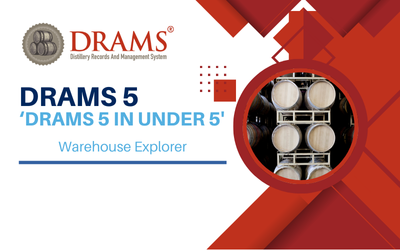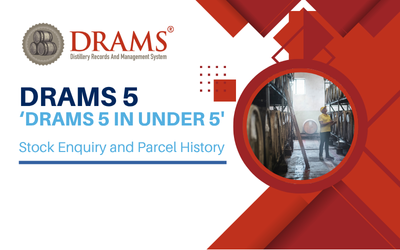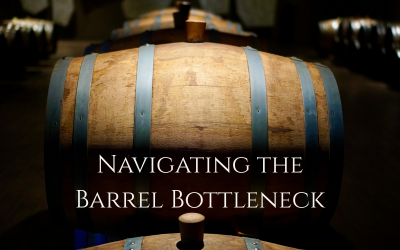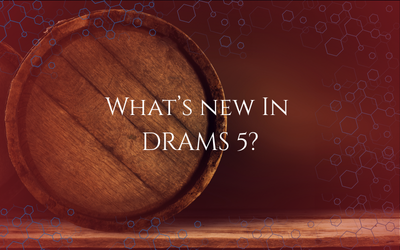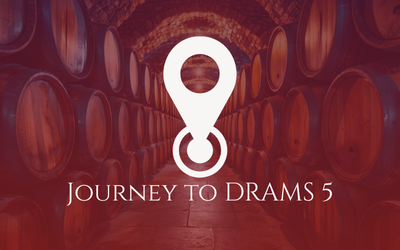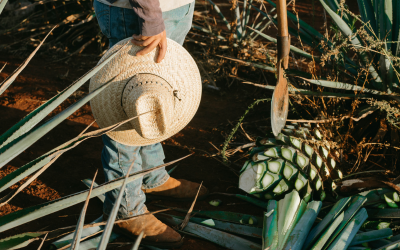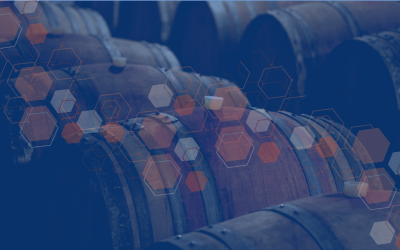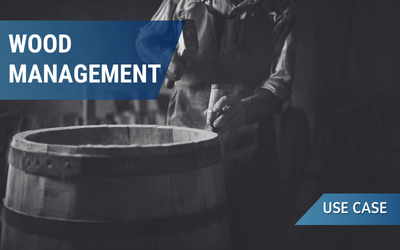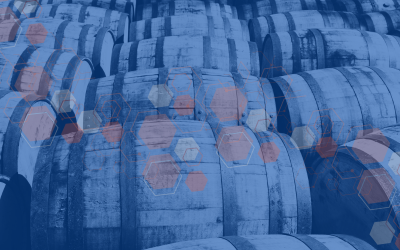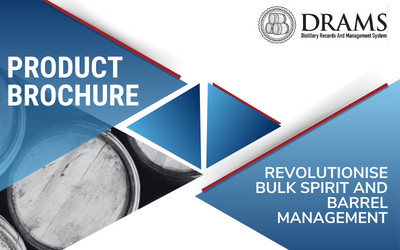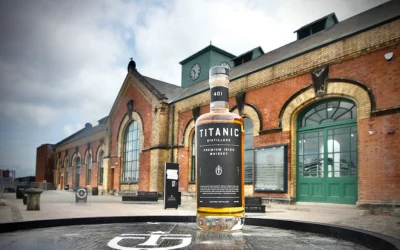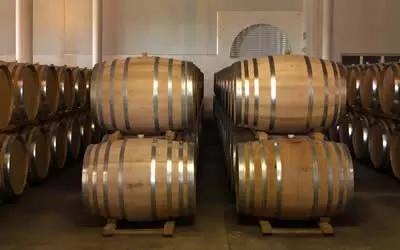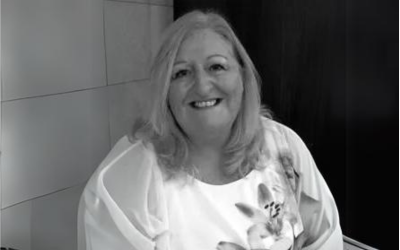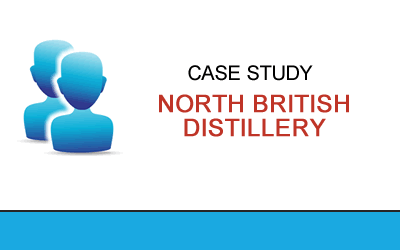The Rise of the Global Tequila Market
Tequila, once relegated to a party spirit, has undergone a remarkable transformation in recent years. Rooted in tradition and rich history, the tequila industry is experiencing a robust global expansion. The global tequila market, which was valued at USD 9.89 billion in 2021, is now projected to reach USD 15.57 billion by 2029 – a growth which is particularly notable given tequila’s historically small volume share in the spirits market.
Contributing to this growth is a seismic shift towards premiumisation, redefining tequila’s image and appeal to consumers worldwide.
For much of its history, tequila carried a reputation as a rough, low-quality liquor. Early perceptions of tequila were often associated with harshness, cheap production methods, and sometimes even unpalatable taste. This reputation stemmed from a combination of factors, including the use of subpar agave plants, inconsistent distillation practices, and a lack of regulatory oversight.
Tequila’s image problem was compounded by its association with wild parties and excessive consumption, fuelled by the popularity of “shot” culture. Tequila was often consumed hastily, often with salt and a slice of lime to mask its perceived harshness. These early perceptions did a disservice to the spirit’s true potential, overshadowing its rich history and heritage.
The turning point in tequila’s history came as producers began to recognise the need for change. A change towards… Premiumisation.
In the context of tequila production, premiumisation refers to a profound shift towards quality, craftsmanship, and authenticity. This evolution, which parallels broader tendencies within the spirits sector, reflects changing consumer preferences, a growing appreciation for the complexities of tequila, and an industry-wide commitment to producing superior spirits.
These products are distinguished by better quality ingredients, innovative production methods, and often, a focus on artisanal or traditional techniques. The process is not just about creating more expensive products but improving the overall quality and uniqueness of the tequila.
Innovative in Production and Barrel-Aging Techniques
In the move towards the creation of tequila which should be sipped and savoured rather than consumed in “shot” form, producers are experimenting with innovative production and barrel-aging techniques to meet the demand for artisanal spirits.
Highlighting the diverse ways in which tequila producers are innovating for new and unique flavour profiles are the following examples:
Ocho Tequila: Emphasising the terroir concept, they experiment with flavours unique to specific sites or regions in Jalisco. By focusing on the distinct characteristics offered by the blue agave plant based on soil, elevation, and climate, they are creating luxury tequilas with unique profiles.
Tequila Dahlia: A high-end tequila brand launched by Fausto Zapata & Vincente Cisneros, founders of Mezcal El Silencio. Their approach involves starting with exceptional raw materials, namely ripe, mature agave, and then preserving and enhancing the plant’s natural flavour through the production process. After 6 months of aging in white oak barrels, the tequila is filtered through activated charcoal to remove the colour.
Casa Noble Tequila: Founded by Jose Hermosillo, a celebrated tequila maker dedicated to the pursuit of tequila worthy of sharing, this brand emphasises slow and methodical production. They allow their agave to age for up to 12 years, and for their reposados and añejos, they use new French Oak barrels from renowned cooperages. This aging process aims to respect the aromas of the tequila while enhancing it with the barrel, adding beautiful spices, fruits, and flower notes.
Storywood Tequila: Founded by Michael Ballantyne, a lover of Scotch Whisky, Storywood matures tequila in Speyside single malt casks, seeking to balance the base tequila with the sweet oaky notes from the casks, focusing on complementary flavours. Their mission is to “bring new flavours to tequila through oak.”
Patrón Tequila: They recently launched Sherry Cask Aged Añejo, aged for two years and four months in oloroso sherry casks from Spain, producing a balance between classic agave notes and the dried fruit and soft spice of the sherry.
Lobos Tequila: Backed by legendary athlete and cultural icon LeBron James, Lobos has three expressions aged in PX sherry casks using a solera system, imparting rich fruit and chocolate flavours to the spirit.
Código Tequila: Known for its Rosa expression, Código has experimented with a special edition that undergoes a secondary aging process in fino sherry casks, resulting in a tequila with a blushing hue and rich flavours.
Conclusion: A Future of Innovation and Refined Experiences
The tequila industry’s journey from a party-centric spirit to a premium, artisanal product highlights a remarkable evolution. This transformation is not just about rebranding but a deep-rooted change in production ethos and consumer perception. The shift towards premiumisation reflects a growing global appreciation for the complexity and craftsmanship of tequila.
Brands like Ocho Tequila, Tequila Dahlia, Casa Noble, Storywood, Patrón, Lobos, and Código are at the forefront of this revolution, introducing innovative techniques and unique aging processes that enhance the spirit’s flavour profile. Each brand’s approach, whether it’s focusing on terroir, experimenting with barrel aging, or leveraging celebrity endorsements, contributes to tequila’s burgeoning reputation as a sophisticated and diverse spirit. This trend correlates with a broader movement within the spirits industry, where quality, authenticity, and uniqueness are increasingly valued.
As tequila continues to rise in both popularity and esteem, it carves out a distinctive niche in the global market, appealing to connoisseurs and casual drinkers alike, and promising a future rich with innovative flavours and refined experiences.










